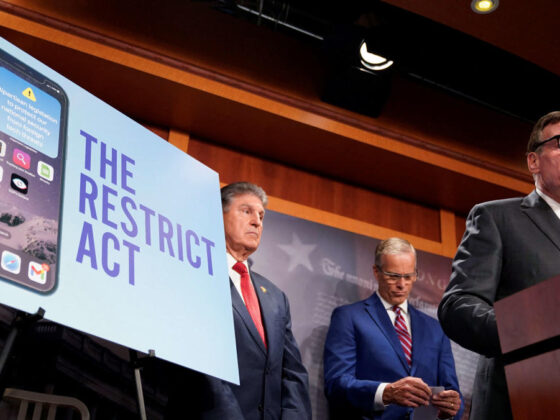This is part 9 of A Climate Counternarrative.
The top down control apparatus depends on power, and that derives from promises. A legal contract, the social contract, or the word you give are all promises. Consent arises from believing the promise. Believers commit to the obligations that the promise creates. Power and authority arise from these obligations. Privileges arise because promisers are not bound by the obligations that they create for others, and because promises commit those who believe them only. You can’t print money, but central bankers can. They can even give handouts to buddies while you eat the inflation.
Interesting subtleties can arise from consent itself. It works exactly like sex. You can say yes or go along with the flow without objecting. Both are consent. Your other options are to consent conditionally, for instance by asking for money, or refuse. The latter two can invite other promises. This matters because conditional acceptance is a valid way to deal with unwanted procedures. It allows you to constructively comply while being a thorn. It’s unclear how the control apparatus would handle a barrage of citizens who condition filing paperwork on getting paid. Try it to find out.
Modern promises are mostly contractual. Contractual promises introduce power levers that can get abused. Coercion is the main one. Coercion can arise when a party controls access to resources (food, water, energy) or entitlements (pension, healthcare). Or compromising information. A transaction’s context usually adds two others. One is the governing law. You can exploit wage slaves and destroy the environment because the law authorizes it. The other is the currency. Currency commands whatever value its issuer authorizes by modulating how much of it is in circulation.
Other promises are reciprocal. Contractual transactions hinge on giving what you promised after taking what was promised to you. Reciprocal ones hinge on giving what you can, on the (implicit) promise that others will offer what they can when you need it. It’s give then take, instead of take then give. It otherwise works the same, with the power relationship flipped around. You still have to consent. There still is power. And there still is privilege. To wit, you can opt to not give back after taking the gift.
A gift economy would void power levers outright by building on reciprocal promises only. Such a trust based system builds on the notion that others will help you the best they can. It is solidarity, not charity. Tribal societies work this way. So do well functioning couples, families, friends, neighbors, work relationships, and countless mutual aid groups. Disasters show that mutual aid comes naturally to us. It comes naturally to other animals too. What sets humans apart is the use of contractual transactions — scripture is a mere corollary. It is a choice. A gift based society is plausible.
The strongest lever to dismantle until then is coercion. Henry Kissinger infamously quipped that you control nations with energy, and people with food. Oppression thrives on abusing this power, so food sovereignty is essential. A community that is autonomous for food, water, and energy can’t be coerced to do much without force. Permaculture is an excellent primer on those. Learn it, teach it, and get schools near you to teach it. Victory gardens, Cuban urban farmers, and bio-intensive gardeners show that communities can quickly grow lots of food in very little space.
The law is a weak lever because you can often call out the bluff. Statutes can be unenforceable, because of procedural problems or demonstrably wrong assumptions. Many are tort based, and depend on a disgruntled party reporting you. Many more are procedures away from uselessness, for instance because of loopholes that elites penciled in for themselves. Also, statute enforcers answer to who they work for, so make sure that’s your community. Nudge the others out — tax them, regulate them, start never ending public works, anything legal goes. Lastly, precedents that don’t enforce laws make laws unenforceable, so use jury annulment.
The control of money, which enables corruption, is weak too because you can switch to using local currencies. The latter make far more sense than options that shift money creation to new authorities, like commodities or proof of work. A meal would make a great unit. It would promote cooking, food sovereignty, and local trade. It is fungible and relatable. Anyone can issue a meal, so it’s democratic, self-regulating, and lame to forge. Best of all, you get to meet those who redeem your meals. Join (or start) an app that helps keep meals near their issuers to help. Or just use paper.
Social justice will become reality when your community can bring it about on its own terms. So organize your community to become ungovernable. The sticks are the law and its many enforcers. The carrots are entitlement programs. Reject both unless they’re under your community’s purview.














